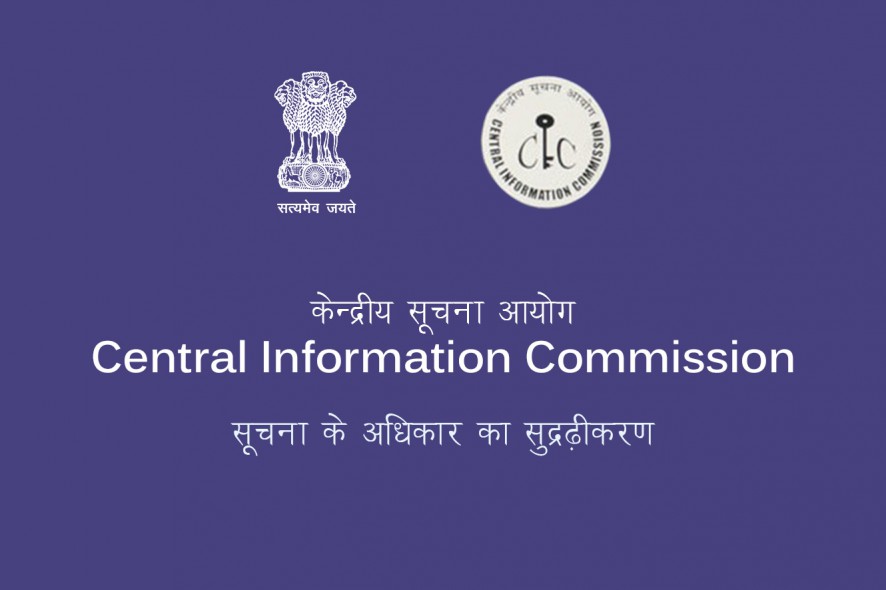Central Information Commission (CIC): Y.K. Sinha (Information Commissioner), reiterated the Commission’s position that, offices of President, Vice President, Prime Minister, Governors, Lt. Governors and Chief Ministers are not legally obliged under RTI Act to entertain RTI applications seeking information unrelated to it, or not held or controlled by these high offices.
Classical status to the Marathi Language
Appellant filed the instant RTI application seeking information on the following three points regarding granting classical status to the Marathi Language:
- Reasons behind such a speedy policy or quick administrative decisions, for granting classical status to Kannada, Telugu, Malayalam and Oriya languages, within a span of one or two years.
- Reasons behind the policies or administrative decisions, for the delay or denial to bestow the classical language status on the Marathi language, pending since from 2013, with the government.
- Reasons behind the discrimination, indignity and injustice inflicted by the government, on the Marathi speaking citizens in comparison to Kannada, Telugu, Malayalam and Oriya speaking citizens w.r.t. bestowing classical language status policy or decisions.
For the above-sought information, CPIO, PMO directed the appellant concerned to directly file his RTI with Public Authority concerned.
Dissatisfied with the CPIO’s response, appellant had filed the First Appeal and further on being dissatisfied with FA’s response, appellant approached the Commission with instant Second Appeal.
Analysis & Decision
Bench stated that appellant instead of filing the RTI application with the PMO should have filed it with the Public Authority concerned being the custodian of information.
With a view to addressing such a situation, at the very formative stage of the RTI Act, the entire scope of Section 6 of the RTI Act had been discussed and interpreted threadbare by a Full Bench of this Commission in Ketan Kantilal Modi v. Central Board of Excise and Customs, CIC/AT/A/2008/01280 and based on this decision, Commission’s Full Bench had decided in R.S Gupta v. L.G office, held that,
“…..The offices of President, Vice President, Prime Minister, Governors, Lt. Governors and Chief Ministers are not legally obliged under RTI Act to entertain RTI applications seeking information unrelated to it, or not held or controlled by these high offices….”
(Emphasis supplied)
Queries raised by the Appellant in points 2 and 3 of the RTI application are interrogatory/ clarificatory/ hypothetical in nature seeking the opinion of the Public Authority official which is clearly beyond the scope of the duties/ responsibilities of a CPIO under the Act.
Hence, in view of the above discussion, the instant second appeal was dismissed and the appellant advised to refrain in future from seeking information under the RTI Act by filing such applications before public authorities who are not the custodians of information.[S.V. Deshpande v. PIO, PMO; 2020 SCC OnLine CIC 1004, decided on 09-10-2020]






